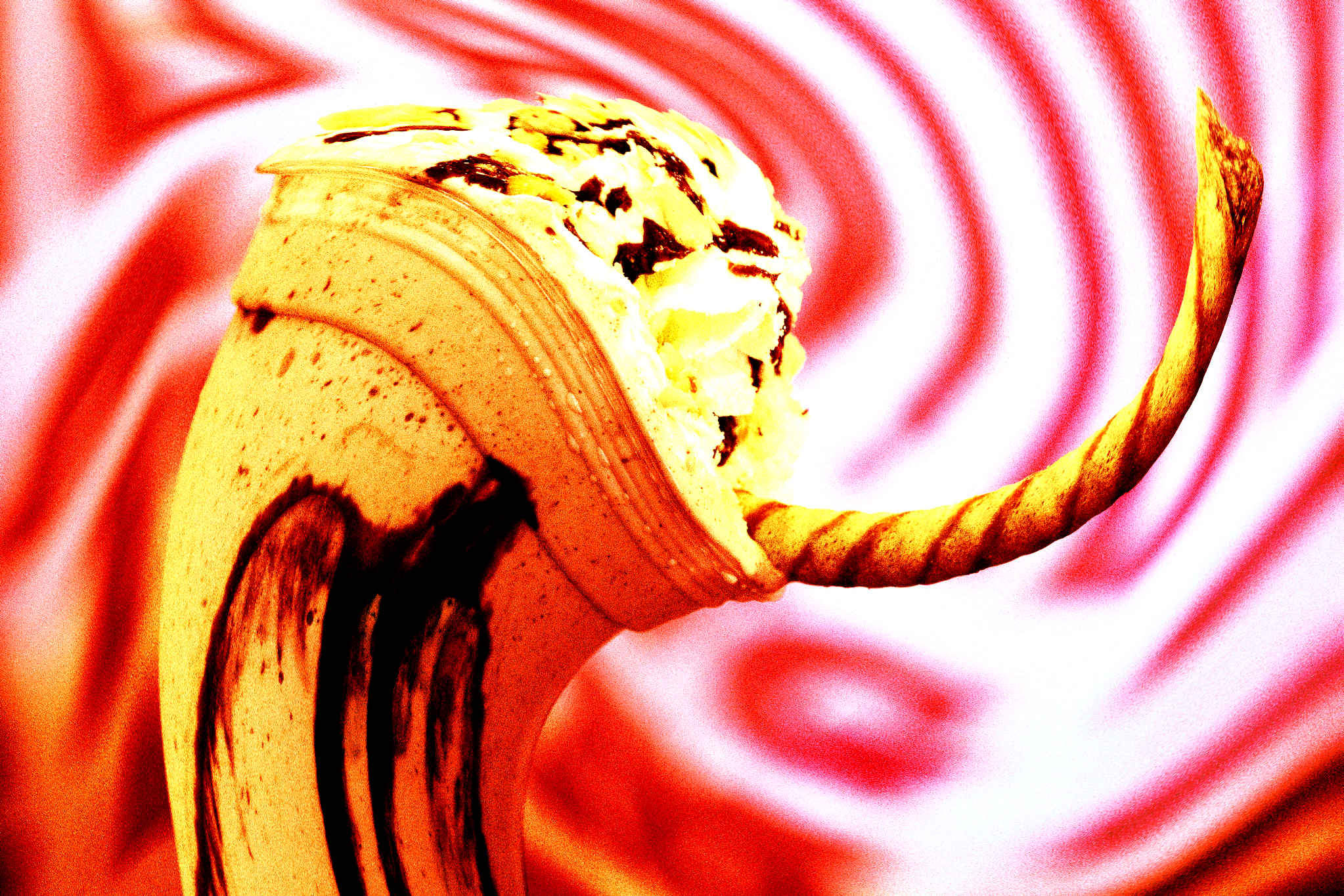It is mad and hilarious that in the same week Britain lost a prime minister many pundits were debating the legitimacy of throwing milkshakes over political opponents.
These attacks are funny. Pouring a girly if delicious drink on a macho politician is amusing – as evinced by the people laughing. But it is also violent, in much the same way throwing anything at anyone is an act of violence, because that is how the word is defined and used in English. And it is violent in the legal sense, potentially earning a charge of common assault.
It is striking that even professional writers deny this. Last week Ian Dunt, Politics.co.uk editor and remoaner par excellence, claimed on Twitter: “Throwing a milkshake at someone is a non-violent act.” As far as the word is used by ordinary folk, this is false.
Few denying the violence dispute the authenticity of most of these incidents, in part because of easily available footage and photography. An attack alleged to have occurred against Don MacNaughton, an army veteran who was stood outside a polling station with a Brexit Party rosette on election day, has not been so easily accepted.
Rupert Myers, another journo, was among what current affairs site Spiked termed “milkshake truthers” contesting whether the attack on MacNaughton was a setup. The Mail ran an amusing article detailing the arguments of those that think MacNaughton poured cherry yoghurt on himself to make remainers look bad.
This is an amusing aside, evidence of the depth of distrust between remainers and leavers, and classic politicking. What’s more worrying is that in the same breath that some progressive journos are denying that violent attacks are violent, they are calling for harsher restrictions on free speech because they deem some of it to be “violent”.
Jonn Elledge, assistant editor at the New Statesman, put it thus: “The idea that throwing a milkshake is violence, but that inciting hate against minority groups isn’t, is responsible for a decent-sized chunk of all the world’s political problems.”
In debates over free speech, the word “violence” has been keenly fought over. Those who want the limits of acceptable speech drawn more tightly have been keen that certain speech be redefined as violence so that it can be criminalised, hate speech being the main target.
The trouble with such arguments is that “inciting hate” is vague and indefinable, especially when even fairly bland statements can be transformed into hate speech through liberal accusations of dog whistling. Under this logic it’s arguable any criticism of immigration or a particular ethnic group has the potential to incite hate.
By most definitions “violence” is supposed to involve physical force. At a stretch this may include the immediate threat of said force. Claiming that “inciting hate” is violent because it might inspire somebody to commit a violent act is laughably broad, rendering any speech or activity violent.
Nobody would suggest that a milkshake thrower be punished for any further attacks they inspired, but that is effectively what hate speech law in the UK and other countries currently stipulates for inciting hatred – an awkward situation if you want to claim that milkshake missiles are harmless speech rather than violence.
It is obviously not nice that certain politicians face dairy bombardment on the campaign trail. But it is hardly tarring and feathering. Those who’ve said it is legitimate political protest are in my view correct, but protests sometimes involve breaking the law and taking the consequences. You do not have to rewrite the dictionary to hold these thoughts together.
Image based on Nutella milkshake, July 2018 by Kurman Communications
